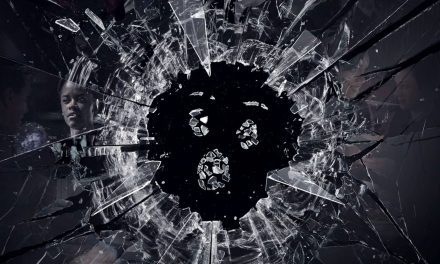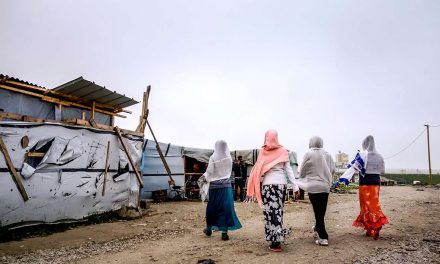DEADLINE EXTENDED TO 7 JULY 2017
ECREA Television Studies Conference 2017
The Future of European Television: Between Transnationalism and Euroscepticism
From 15-11-2017 To 17-11-2017
Facultad de ciencias de la Comunicación Málaga
Organized by the ECREA Television Studies section and the University of Málaga (Spain), in collaboration with “Production and circulation of media contents” section of AE-IC
The deadline for the ECREA Television Studies section Conference, to take place in Málaga, Spain, 15-17 November 2017, with the title ‘The Future of European Television: Between Transnationalism and Euroscepticism’, has been extended to 7 July 2017.
Proposals can be submitted to tvstudiessection@gmail.com.
For more information you can visit the conference website: http://bit.ly/2t6mBOe
In recent years Television in Europe has become more and more transnational as the increasing number of European co-productions shows. These tendencies are now challenged by the recent developments of a political climate of anti-Europeanism and neo-nationalism in Europe such as the Brexit as well as by a new protectionism in the USA that could affect European media ecology. This section interim conference will focus on the current political developments, transformations, challenges and risks that impact on the future of television, its creative processes, contents and its reception in Europe.
Just as Europe as a continent, regarding its political construction and common project, lives in a time of changes, threats and tensions, Television also experiences deep transformations. It stages new requirements for academic research: How can we approach Television past, present and future in Europe in the face of this new paradigm of change and even Euroscepticism? How does the current development impact not only ways of production but also ways of viewing and reception? What is the political and cultural role of Television through its live events broadcasting, TV journalism, fictions or shows, within the dynamics of social and political change? Will it be possible in the future to refer to “European television” as a concrete concept? In this landscape of globalization, digitalization, media convergence, streaming platforms, post-networks Era, transmedia productions and social media interactions could be weakened or reinforced the idea of an identifiable, common and shared cultural pattern around European Television?
Among others, papers addressing on comparative studies of Television, international researches on the new modes of distribution and consumption or on Television as an agent of European cultural cooperation and understanding will be welcomed, as others related to other challenges of European Television, including:
- The future of Television’s ecology, creative processes and reception in Europe.
- Anti-Europeanism and neo-nationalism and the role of Television.
- Political, Economy and Cultural threats in European Public Broadcasting Services.
- Tensions and opportunities of European Television market in the digital convergence context.
- The image of Europe portrayed by Television contents: from Journalism to Fiction shows.
- European Television productions and formats in the globalised market of Television.
- Examples of past collaborations, present and future of European co-productions.
- Persistent national peculiarities in TV consumption and reception all over Europe in the new convergence media context.
- Theoretical and methodological approaches to European TV History and current practices.
We particularly invite colleagues from Europe and beyond to present papers that address, among other aspects, how will be the cultural importance of television in the immediate future; how the processes of content creation are and will be transformed; how regional, national, international and transnational modes of production are and will be developed; how the new digital distribution platforms are affecting and will change specifically the European continent TV landscape; or what changes are already visible in the modes of constitution of European Television audiences.
Proposals for individual papers or panels can be submitted to ECREA Television Studies section (tvstudiessection@gmail.com) until 7 July 2017.
Abstracts should be written in English and have to contain a clear outline of the argument, the theoretical framework, and methodology and results if applicable. The length of individual abstracts should be between 300 and 500 words plus a short biographical note. Panel proposals, which should consist of five individual contributions, will combine a panel rationale with five paper abstracts, each of which shall be a maximum length of 500 words and should include also a short biographical note of each author.
For more information you can visit the conference website: http://bit.ly/2t6mBOe





